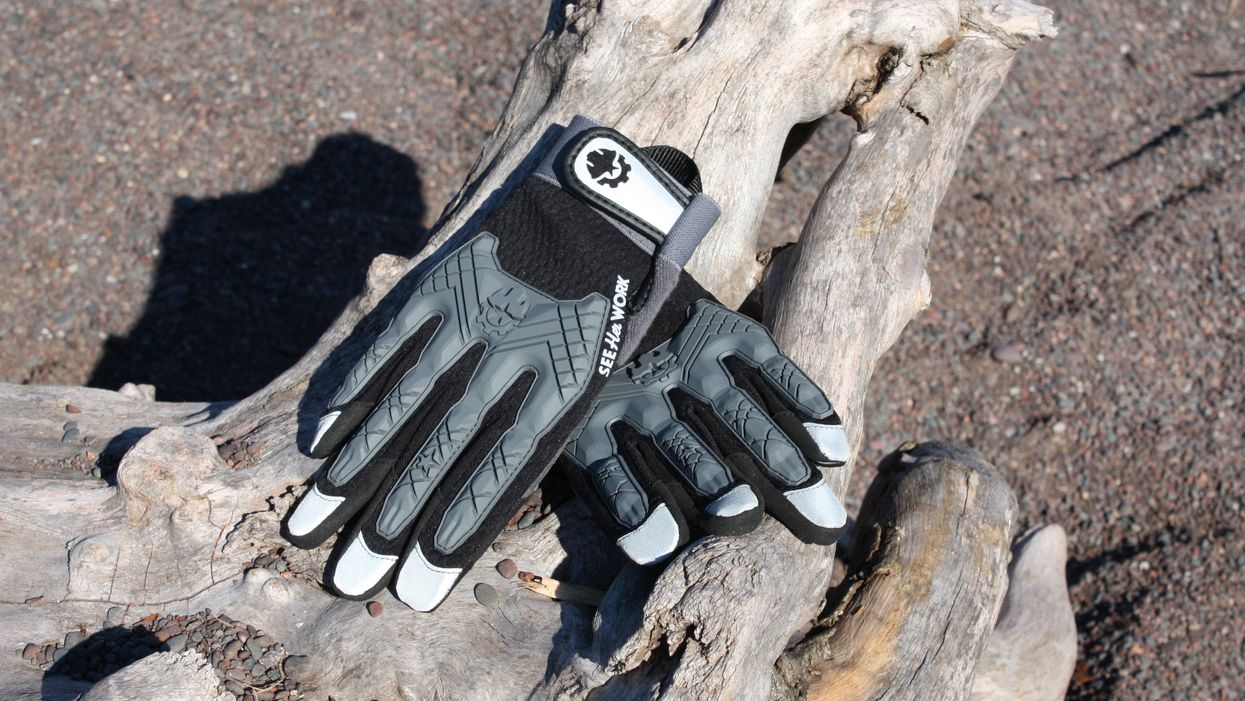Forecasting retail sales just got smarter, thanks to Google searches
houston voices
Imagine being able to predict the future of retail sales — not with months-old economic reports, but with real-time digital breadcrumbs left behind by consumers. Thanks to new research from K. Ramesh (Rice Business) and Gary Lind (University of Pittsburgh), that future is already here.
Key findings
- Search trends predict future retail revenue — up to three quarters ahead.
- Markets don’t fully price in search-based insights, especially before earnings announcements.
- Trading strategies using search data outperform traditional asset-pricing models by 2–3%.
- Analysts often underuse this data, resulting in predictable forecast errors.
- At the macro level, search trends closely track — and often lead — official retail sales and GDP.
Their study shows that Google search trends are powerful predictors of consumer demand, capable of forecasting U.S. retail sales up to three quarters in advance. The implications span industries and audiences — from Wall Street traders to Main Street retailers, and from data-driven CFOs to curious business students.
A smarter, faster crystal ball for retail demand
Retail sales drive nearly 70% of U.S. gross domestic product (GDP), making them one of the most important indicators of economic health. Yet traditional forecasting relies heavily on backward-looking data and broad economic indicators. Ramesh and Lind’s work offers a leap forward: search data from Google Trends — publicly available and easy to use — can offer a faster, more precise signal of where sales are headed.
“If you want to understand consumer demand,” says Ramesh, the Herbert S. Autrey Professor of Accounting at Rice Business, “look at what people are searching for — not just what companies report after the fact. These digital footprints can tell us where revenue is going, often before the market catches up.”
This low-cost approach stands in stark contrast to expensive alternatives, such as satellite images of parking lots, in-store foot traffic from mobile data, or retail scanner feeds — tools often reserved for hedge funds and large institutional investors. Google Trends offers a scalable, accessible option for anyone seeking insight into consumer behavior.
Why this matters for investors and analysts
The researchers analyzed search patterns for nearly 200 publicly traded U.S. retail companies between 2004 and 2019. They found that firms with rising search volumes tend to report higher revenues — often well before analysts or investors react.
In fact, investment strategies built around these trends earned 2–3% higher returns than traditional models would predict. And most of these gains were concentrated around earnings announcements — a sign that markets were slow to recognize what search data had already revealed.
The advantage is even more striking for companies that fly under Wall Street’s radar. For firms with limited analyst coverage, the predictive power of search data on stock performance was more than 80% stronger.
A new tool for analysts — if they’ll use it
Despite the clear signal in the data, the study finds that analysts routinely fail to incorporate search-based insights into their forecasts. That gap translates into missed revenue predictions and market inefficiencies — which sophisticated investors can exploit.
“The search data are out there,” says Lind, a Rice Business Ph.D. ’19 graduate now on faculty at Pitt Business. “They’re public, powerful, and free. Analysts who ignore them are missing an opportunity.”
The impact of this research extends well beyond equity markets. By aggregating Google search data across the retail sector, the authors found strong alignment with U.S. Census retail sales figures and GDP trends. In other words, these digital signals reflect not just firm-level interest, but macroeconomic momentum.
A data wake-up call
This makes search trends a potentially valuable early-warning system for policymakers, central banks, and anyone responsible for interpreting the economic landscape. During volatile or uncertain periods, such tools could offer precious foresight into shifting consumer behavior.
In a digital era where consumers research before they shop — whether online or in-store — it’s no surprise that their Google queries leave valuable clues. What’s surprising is how often businesses, investors, and even economists still overlook them, Ramesh says. “Search data is a goldmine. And it's just sitting there, waiting to be used.”
---
This article originally appeared on Rice Business Wisdom.
Lind and Ramesh, “Using Internet Search Data to Predict Aggregate Retail Sales and Enhance Firm-Level Revenue Expectations,” Contemporary Accounting Research (April 2025): 1-32. https://doi.org/10.1111/1911-3846.13043.

 Oils and scents help you relax. Photo by Dominique Monday
Oils and scents help you relax. Photo by Dominique Monday





